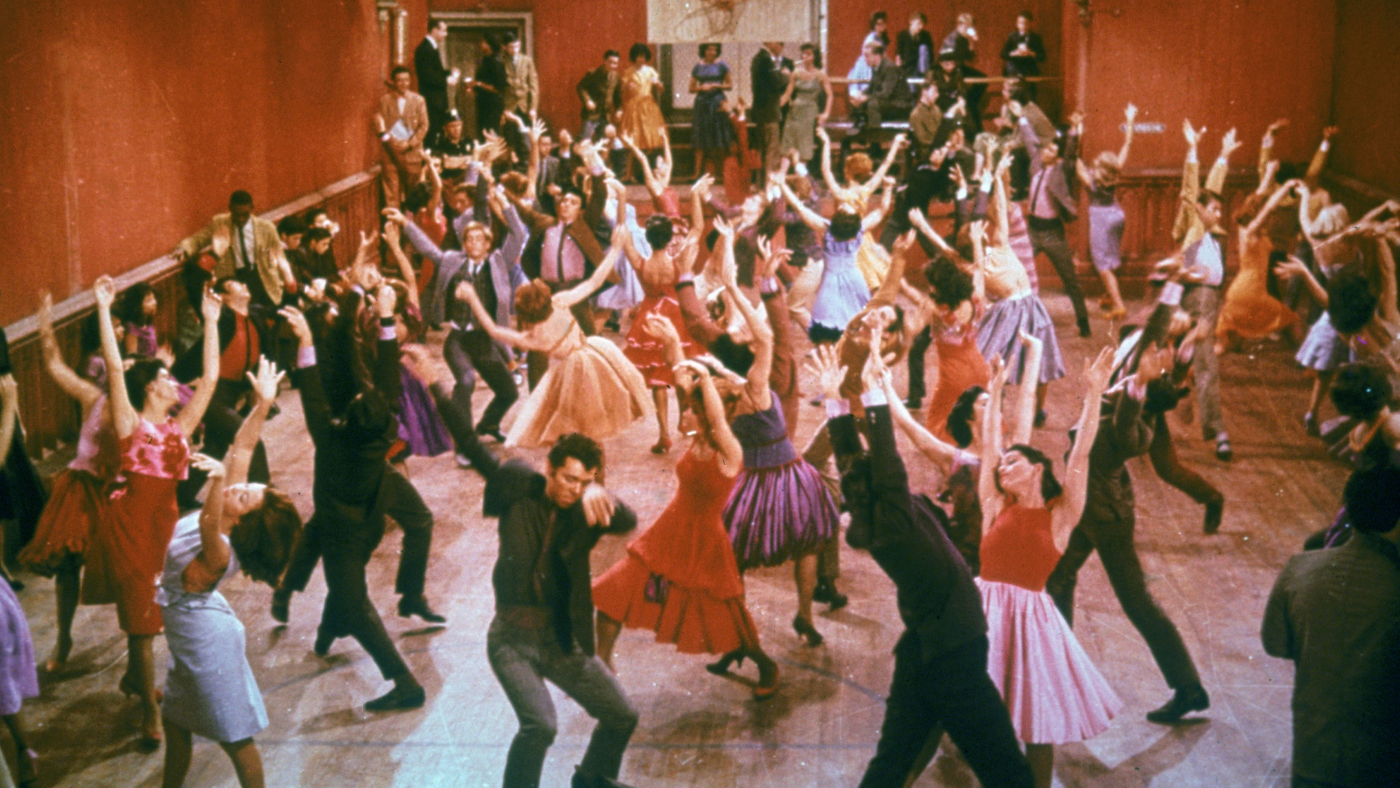Chemsex: documentary 'shocking but important'
Serious but 'stomach-churning' Vice film explores risky drug-fuelled gay sex scene in London

A new documentary about the rising phenomenon of risky, drug-fuelled sex binges in the gay community, Chemsex is released in UK cinemas today. It's a disturbing yet valuable investigation of an important issue, say critics.
'Chemsex' means the use of drugs during sexual activity and most often refers to gay group sex that can last for days. The increasingly common phenomenon, aided by apps like Grindr, has led to a rise in drug addiction and HIV among young and vulnerable men in the UK.
Chemsex, the new documentary from Vice, directed by William Fairman and Max Gogarty, focuses on the London gay community's response to the "healthcare emergency", in particular work being done at a NHS sexual health clinic in Soho.
The Week
Escape your echo chamber. Get the facts behind the news, plus analysis from multiple perspectives.

Sign up for The Week's Free Newsletters
From our morning news briefing to a weekly Good News Newsletter, get the best of The Week delivered directly to your inbox.
From our morning news briefing to a weekly Good News Newsletter, get the best of The Week delivered directly to your inbox.
It also interviews casualties of the chemsex scene, such as a city worker who lost his job and turned to prostitution to pay for his drug habit.
Critics have praised the film for its non-sensationalist approach to a difficult subject.
"Prurient peepshow value is thankfully thin on the ground in this harrowing documentary about a gay subculture," says Tim Robey in the Daily Telegraph.
The directors take "a serious-minded approach to the psychological scars this behaviour both masks and worsens", he adds.
A free daily email with the biggest news stories of the day – and the best features from TheWeek.com
It's a subject that could lend itself to "salacious tabloid scaremongering", says Robey, but the filmmakers' chief concern is for the lives already affected, not for a mainstream determined to steer well clear.
It's a serious, shocking and "occasionally stomach-churning" film investigation, says Kate Muir in The Times. There are grim scenes of men shooting up, or "slamming", before orgies coupled with "bracing and moving confessions from addicts".
The extent of the problem is never made quite clear by the film, adds Muir, "but as a piece of investigative journalism it deserves attention".
Peter Bradshaw in The Guardian agrees that the scale of the problem and how many people are affected is never properly explored. Has the film magnified an issue of urban hedonism that is minor compared to larger issues of homophobia or inequality?
The directors do make a convincing case that this is important, revealing a "regressive, infantilised culture that is taking young gay men away from openness and towards furtive addiction", says Bradshaw. It's "a tough watch, but a valuable one".
Yet, while this timely investigation may have begun in a spirit of serious and sensitive concern, the attention-grabbing outcome risks becoming grist to the salacious tabloid media mill, says Charles Gant on Screen Daily.
The challenge for this documentary, says Gant, is to avoid the fate of being "the controversial film everybody needs to know about, but not necessarily see".
-
 Which way will Trump go on Iran?
Which way will Trump go on Iran?Today’s Big Question Diplomatic talks set to be held in Turkey on Friday, but failure to reach an agreement could have ‘terrible’ global ramifications
-
 High Court action over Cape Verde tourist deaths
High Court action over Cape Verde tourist deathsThe Explainer Holidaymakers sue TUI after gastric illness outbreaks linked to six British deaths
-
 The battle over the Irish language in Northern Ireland
The battle over the Irish language in Northern IrelandUnder the Radar Popularity is soaring across Northern Ireland, but dual-language sign policies agitate division as unionists accuse nationalists of cultural erosion
-
 Sport on TV guide: Christmas 2022 and New Year listings
Sport on TV guide: Christmas 2022 and New Year listingsSpeed Read Enjoy a feast of sporting action with football, darts, rugby union, racing, NFL and NBA
-
 House of the Dragon: what to expect from the Game of Thrones prequel
House of the Dragon: what to expect from the Game of Thrones prequelSpeed Read Ten-part series, set 200 years before GoT, will show the incestuous decline of Targaryen
-
 One in 20 young Americans identify as trans or non-binary
One in 20 young Americans identify as trans or non-binarySpeed Read New research suggests that 44% of US adults know someone who is transgender
-
 The Turner Prize 2022: a ‘vintage’ shortlist?
The Turner Prize 2022: a ‘vintage’ shortlist?Speed Read All four artists look towards ‘growth, revival and reinvention’ in their work
-
 What’s on TV this Christmas? The best holiday television
What’s on TV this Christmas? The best holiday televisionSpeed Read From films and documentaries to musicals for all the family
-
 Coco vision: up close to Chanel opticals
Coco vision: up close to Chanel opticalsSpeed Read Parisian luxury house adds opticals to digital offering
-
 Abba returns: how the Swedish supergroup and their ‘Abba-tars’ are taking a chance on a reunion
Abba returns: how the Swedish supergroup and their ‘Abba-tars’ are taking a chance on a reunionSpeed Read From next May, digital avatars of the foursome will be performing concerts in east London
-
 ‘Turning down her smut setting’: how Nigella Lawson is cleaning up her recipes
‘Turning down her smut setting’: how Nigella Lawson is cleaning up her recipesSpeed Read Last week, the TV cook announced she was axing the word ‘slut’ from her recipe for Slut Red Raspberries in Chardonnay Jelly